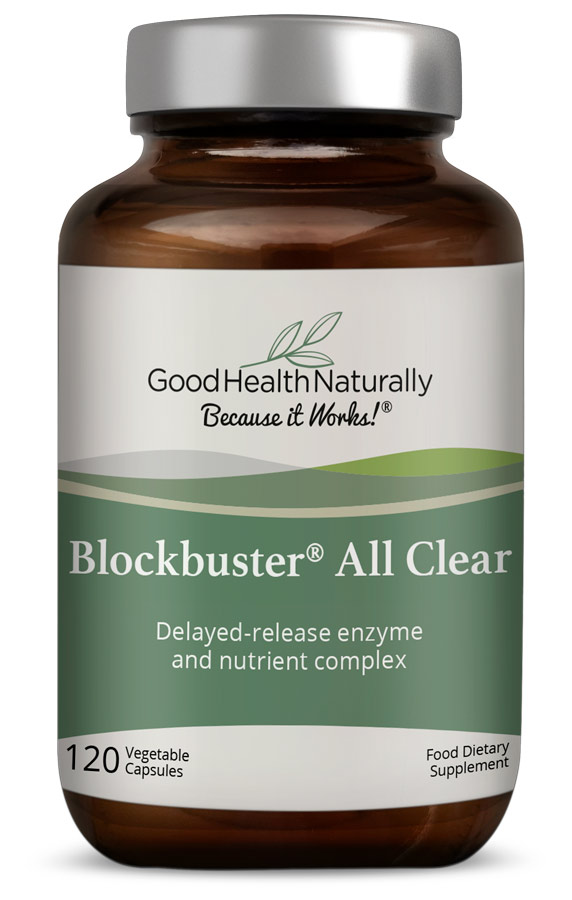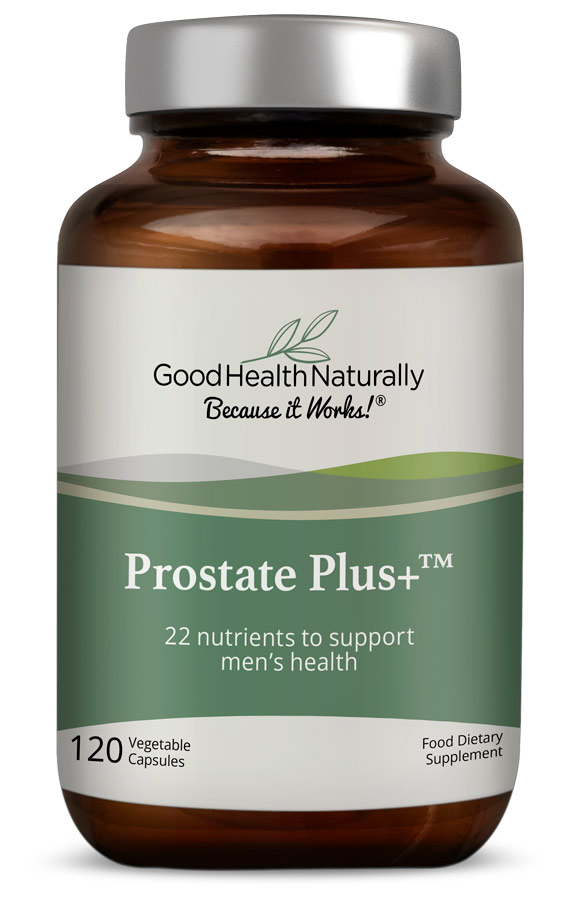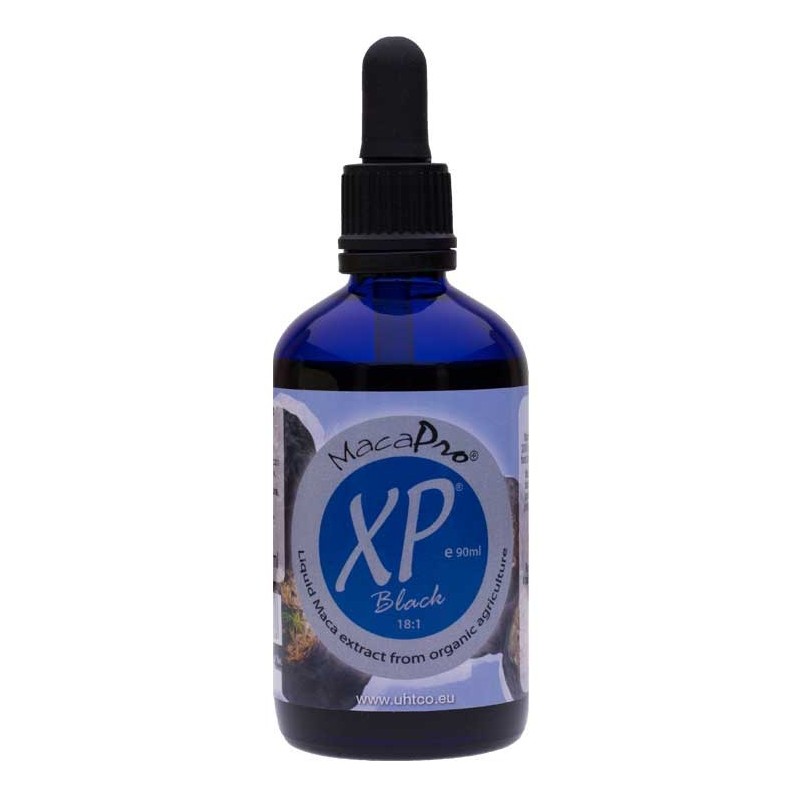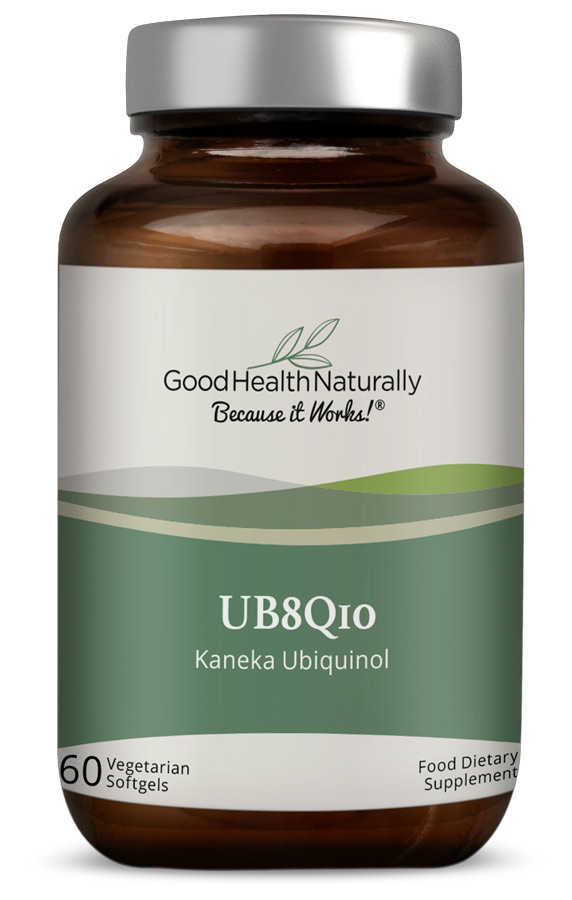For example, in September 2021, the Office of National Statistics in the UK announced a fall in the life expectancy of men for the first time since the 1980s. 1 in 5 men in the UK dies before 65. Men are at greater risk of heart disease, are more likely to have diabetes and are disproportionately affected by the recent pandemic. In 2020, the most significant cause of death of those under 50 was suicide. Alarmingly,75% of all suicides are men.
Knowing this, the Men’s Health Forum and over 300 concerned professionals and men’s charities asked the Secretary of State for Health to address gender-specific issues in men’s health care.
There is a historical association between poor health-seeking behaviours, mental health issues, and violence. However, there are other factors. For example, research comparing the lives of men in the most and the least deprived 10% of areas of England uncovered a difference of 19 years for healthy life expectancy.
Health provision, either public or private, assumes that those with needs will seek help.
Practice contradicts the idea that those in need will seek help. Health practitioners will attest to women asking for advice on behalf of their men, even though they know they may be reluctant to take action. Have we brought men up to believe that self-care and taking responsibility for health is either not worth their attention, or perhaps even as ‘women’s work’ and not appropriate for them to be involved in? Other reasons could include fear about what might be found or even not wanting to waste the time of an already overstretched health system, which ultimately comes down to self-value.
There is a stereotype that men should be strong and self-reliant and that seeking help is a sign of weakness. This stereotype can be particularly significant for mental health issues. Additionally, some men may be uncomfortable discussing their health concerns with a healthcare professional or not know where to seek help. They may also not understand the importance of preventative health care or not be aware of available health services.
We need to make it acceptable to seek help
It is up to us as a society to help change those beliefs because they are not serving our men or the people who love and care about them. We need to make it acceptable to ask for help, be vulnerable, and be aware of all aspects of health and wellbeing. We need to have those conversations.
Particular gender-related concerns for men’s health include heart health, prostate and testicular issues, sexual health, including infertility and erectile dysfunction, workplace stress and injury, mental health, and a greater propensity to both obesity and substance misuse, including alcohol, drugs and tobacco.
A sound support system is critical for mental health and wellbeing and can be the glue that holds all other aspects of overall health care together. Work-life balance is crucial for those under 65. Finding ways to manage stress while maintaining a healthy diet and sleep schedule and engaging in physical activity are significant for both mental and physical health.
Intimate matters regarding men’s health can be a sensitive topic
Sometimes, seeking help for the more personal aspects of men’s health can be the most sensitive. However, there is much that can assist.
Erectile dysfunction, for example, can significantly benefit from certain enzymes and nutrients, such as nattokinase and protease, to help clear the blood vessels. L-arginine and citrulline malate are also useful to help relax the vessels and improve circulation. Peyronie’s, where fibrous scar tissue develops on the penis, causing it to curve painfully, can also benefit from the same supplements.
Saw palmetto is well known to support prostate health. Adding nutrients such as nettle root extract, uva ursi extract, and vitamins A, B2, B6, D3, E, copper, pomegranate powder extract, selenium, and zinc can significantly improve the benefits. These nutrients can also aid a stronger ejaculation. Ubiquinol, which helps restore cellular energy, can be helpful for a low sperm count. Black maca extract can support male hormonal balance and has notable benefits for men’s reproductive health, including sperm count, motility, and libido.
The way forward for men’s health
In conclusion, recent statistics revealing a decline in life expectancy among men underscore the pressing need for comprehensive strategies to address their various health challenges.
One key aspect of improving men’s health outcomes is challenging ingrained stereotypes and societal norms that discourage men from seeking help or acknowledging their health needs. This shift requires healthcare systems to better cater to the needs of men.
Moreover, addressing men’s health requires a holistic approach that considers both physical and mental wellbeing. This approach includes promoting healthy lifestyle choices, encouraging discussion about sensitive health topics, and providing access to information about products that can naturally improve health. Creating a supportive environment that values and prioritises men’s health would improve the quality of life for all.
Please note: The product images represent the ongoing rebranding across Good Health Naturally range and may currently vary from actual stock.








